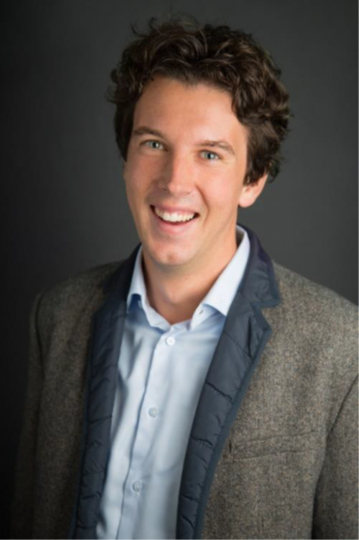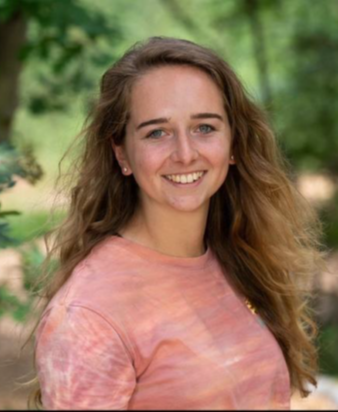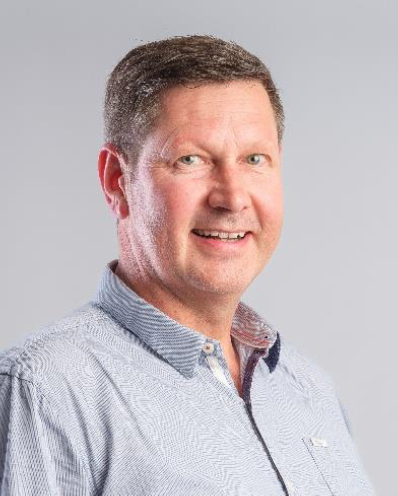Workshop B
Unveiling practice behind the data: Bridging epidemiological insights with real-world occupational hygiene context
Erik van Deurssen, Hilde Konijnenberg, Jan-Willem Peters (RPS, NL)
The workshop addresses the often-overlooked practical challenges in data analysis for epidemiological research, with examples such as inhalable dust measurements. Variations in measurement techniques – such as the use of different sampling heads with unique flow rates – can subtly but significantly impact data quality. These variations, though seemingly minor, can explain outliers, uncover hidden stratification, and provide insights into unexplained patterns in results. This discussion goes beyond specific examples, shedding light on broader challenges and opportunities in aligning practical methodologies with academic precision. By fostering dialogue between researchers and practitioners, the workshop aims to bridge gaps, enhance mutual understanding, and improve the reliability and applicability of epidemiological studies across diverse contexts.
The following topics will be addressed:
- Understanding the Work of Occupational Hygienists; how do occupational hygienists approach exposure assessments?
- Handling requests, designing sampling strategies, and applying standards such as NEN-EN 689.
- Key variables and considerations in the decision-making process for study design.
- Case Studies of Sampling Variability; real-world examples of sampling inconsistencies and deviations.
- Impact of improper sampling techniques on results.
- Lessons learned for both practitioners and researchers.
- Limitations of Exposure Limit Methodologies; challenges with regulatory limits, reporting thresholds, and sampling durations.
- Implications of these limitations on data interpretation and compliance.
- Recommendations for improving the integration of practical and academic approaches.
The topic of this workshop is both novel and highly relevant to the EPICOH community, as it highlights a critical intersection between academic research and occupational hygiene practice. EPICOH focuses on epidemiological studies related to occupational exposure to hazardous substances and the prevention of occupational diseases. However, a significant portion of exposure measurements is conducted in practice by occupational hygienists, often within regulatory frameworks, rather than within strict academic settings. These measurements, while extensive, may involve variations in sampling equipment or techniques that are not always well understood or accounted for in academic analyses.
Epidemiologists frequently analyze data that originates from such practical measurements, yet they may lack awareness of how differences in sampling heads or methods can impact results. These discrepancies can lead to misinterpretations, particularly when relying on a single analysis or dataset. Given that occupational exposure limits are often derived from academic and epidemiological studies, it is crucial to ensure alignment between the methodologies used in practice and those underlying these limits.
The topics addressed in this workshop fit within the conference theme by addressing the specialized topic of improving the integration between field measurements and epidemiological analysis. By fostering better understanding and collaboration, the workshop directly contributes to enhancing the reliability of exposure assessments and the prevention of occupational diseases.

Dr. Erik van Deurssen holds a Bachelor’s degree in Health Sciences and a Master’s degree in Movement Sciences, specializing in physical activity interventions. Building on this academic background, Erik completed a PhD in occupational hygiene, focusing on exposure to respirable crystalline silica (quartz dust) in the construction industry. This research involved the development, implementation, and evaluation of a multidimensional intervention program aimed at reducing harmful exposures in the workplace.
Erik was honored with the Thomas Bedford Memorial Prize from the British Occupational Hygiene Society (BOHS) for the best scientific paper published in The Annals of Occupational Hygiene in 2016. Since 2015, Erik has been working as an occupational hygienist at RPS analyse bv. In this role, he has conducted extensive research into exposure to health-hazardous substances at workplaces and the assessment of such exposures. In addition, he is responsible for delivering practical training sessions focused on the execution of workplace and exposure measurements, helping professionals apply effective occupational hygiene practices.

Hilde Konijnenberg, MSc. studied Biomedical Sciences at Utrecht University and completed the Master’s program Toxicology and Environmental Health at the Institute for Risk Assessment Sciences (IRAS). During this program, she conducted research on the association between coffee consumption and Parkinson’s disease. This project involved working with large datasets, where data quality and the presence of missing information played a crucial role. When sample sizes are sufficiently large, qualitative or partially incomplete data can still be epidemiologically valuable, provided they are carefully interpreted.
Following this, Hilde conducted a practical research project at RPS analyse bv, focusing on inhalable dust measurements. She compared two sampling heads (PAS-6 and IOM) and systematically examined both the characteristics of the equipment and situational variables to assess their influence on measurement outcomes.
This combination of epidemiological data analysis and insight into real-world measurement conditions forms the foundation of her current work as occupational hygienist. In the workshop, she will highlight how technical decisions and field implementation, such as the choice of sampling head, on-site conditions, and flow settings, can directly affect measurement data and, consequently, the results of epidemiological studies. With this, we aim to bridge the gap between practical fieldwork and the academic research environment.

Jan-Willem Peters is a Certified Occupational Hygienist (RAH) with a strong background in laboratory sciences and analytical chemistry, complemented by extensive experience in occupational hygiene and environmental technology. He holds degrees in Biotechnology and Environmental Technology and completed a postgraduate program in Occupational Hygiene.
Jan-Willem specializes in workplace exposure assessments, focusing on hazardous substances such as VOCs, welding fumes, respirable crystalline silica, and chromium VI. Since 2000, he has worked at RPS Analyse bv as an occupational hygienist and project manager, leading multidisciplinary projects and ensuring the rigorous evaluation of sampling methods and data quality. He collaborates with occupational health services, regulatory bodies, and industry clients to implement effective exposure control strategies.
Earlier in his career, Jan-Willem held leadership roles at Ascor Analyse BV and Sencor BV, where he conducted workplace measurements and analytical testing. His hands-on laboratory experience forms the foundation of his deep understanding of the analytical and practical challenges in exposure assessment.

